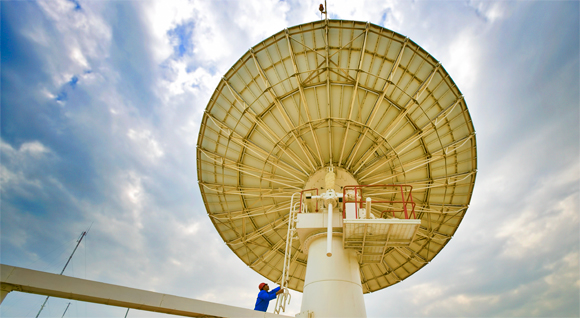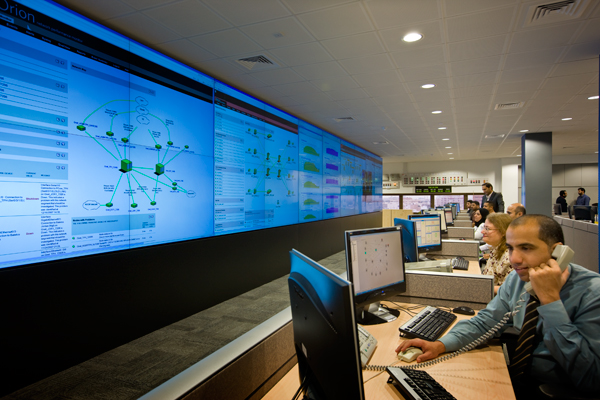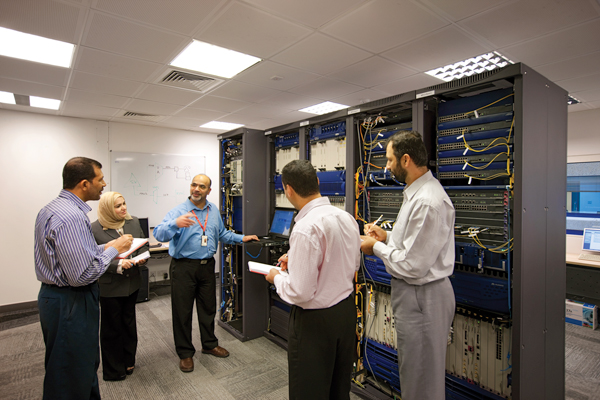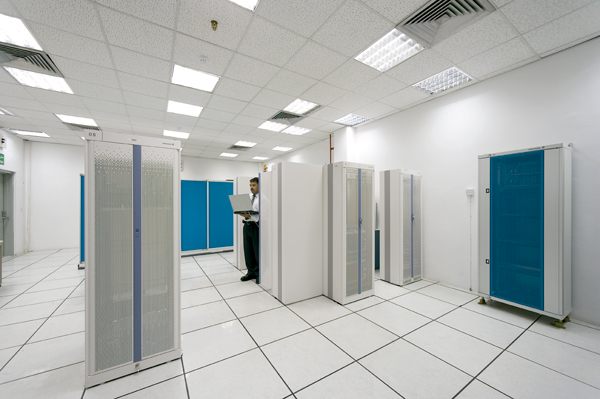Bahrain Telecommunication Sector: Most Competitive Telco Sector in GCC
Bahrain Sector Analysis
Telecommunications in Bahrain – How Bahrain Become the Most Competitive Telecommunication Market in the Region
The story of how Bahrain came to be both the most connected, as well as the most competitive, telecom sectors in the region is an instructive lesson hard work, vision, and dynamic economic policy come together.
More Stories:

According to the Global Information Readiness Report, Bahrain ranks exceptionally high in almost every category of ITC readiness on the Networked Readiness Index (NRI). Overall, Bahrain is ranked 29th (out of 133) countries—and 2nd in the GCC. On many individual portions of the Index, however, it is rated much higher; for example, Bahrain ranks among the 133 rated countries, as:
-
8th in e-class government services
-
10th in ICT usage
-
11th in e-participation
-
15th in business-friendly ICT market environment
-
17th in government readiness
-
21st in individual readiness
Despite the unrest, communication and transportation sectors continued to outpace the economy, growing at an 8.6% annual rate for the first half of 2011.
Sector Analysis – Telecommunications
Despite being one of the smallest countries of the Gulf Region in terms of population (estimated to be 1.2 mn in July 2011), Bahrain is the most connected nation in terms of mobile phone subscribers, with a market penetration greater than 150% relative to population.
The story of how Bahrain came to be both the most connected, as well as the most competitive, telecom sectors in the region is an instructive lesson hard work, vision, and dynamic economic policy come together.
Bahrain is similarly over connected in fixed network services, including ISPs and data networks, where broadband penetration for dwellings reaches 120%. Since 2002, Bahrain has also been one of the most competitive telecom sectors in the Middle East region.
The story of how Bahrain came to be both the most connected, as well as the most competitive, telecom sectors in the region is an instructive lesson hard work, vision, and dynamic economic policy come together.
From Monopoly to Competition
In 1981, the Kingdom of Bahrain created the Bahrain Telecommunications Company (Batelco) to be the sole provider of telecommunications services, with the government as the principal shareholder. At the time, this policy was viewed as a somewhat hybrid-socialist approach.
The state-monopoly (sometimes said to be “para-statal”) position of Batelco was deemed to be the best way to provide telecom services as a public service, while at the same time guaranteeing to the government significant revenues in terms of taxes or fees on services, as well as taking a large part of the private profits of the entity in the form of dividends. For the next 21 years, Batelco held a complete monopoly of the Bahrain telecommunications market.
At the beginning of the 21st century, however, Bahrain underwent a major change of philosophy regarding economic development.
This was signaled by the creation, in spring 2001, of the Supreme Privatization Council, whose purpose was to divest the government of its controlling interest in various sectors of the economy, and to open them up to private investment and competition.
The work of the Council resulted in a decree by King Hamad bin Isa Al-Khalifa in October 2002 laying out guidelines for privatizing major sectors of the economy—such as, among others: tourism, electricity, water, transport, ports and airports, etc.—and especially including the telecommunications sector. By the end of 2002, the number of mobile phone users had risen to 392,253, representing more than half the Kingdom’s population and a 57% rate of market penetration.
Of all the state controlled sectors, the telecommunications sector was the first to be liberalized. The Telecommunications Regulatory Authority (TRA) was established in late 2002, and quickly awarded a mobile telecommunications services license to MTC-Vodafone, which was subsequently acquired by Zain of Kuwait – further regulation of Bahrain telecom sector continuted.
Zain entered the Bahraini telecoms market in 2003, and in less than two years its net revenues more than tripled from $35m to $107m and it achieved a market share of 30%.
Batelco and Zain have recently been joined as market competitors by a third operator: Viva Bahrain, owned by STC of Saudi Arabia, which launched services in March 2010.
Established as one of the nationwide full service broadband telecommunications operators, Mena Telecom, a subsidiary of Kuwait Finance House, started operations in Bahrain in 2003.
In January 2007 it successfully implemented a Fixed Wireless Access (FWA) license which will allow the company to provide customers with the full range of fixed and nomadic telecommunications services. Partnering with Motorola, Mena Telecom has rolled out its FWA network nationwide, deploying a world-class technology solution based on state-of-the-art WiMAX technology.
According to Dr. Laith Sadiq, CEO of Mena Telecom, “what Mena Telecom brought to Bahrain is that we first made broadband a lot more affordable…. If you look at the residential market for people using broadband, it has become essential for everyday life… for businesses it is even more important. We have brought competition to the market, making Bahrain more attractive for new businesses to locate here.”

Huawei Technologies, a leading provider of telecommunications solutions worldwide, opened its regional office in Bahrain in August 2009. The move signals the Chinese company’s intention to expand across the Middle East where it already has contracts worth over $3.3 billion and annual growth of more than 30 per cent.
As with other high-expat markets, the population turnover in Bahrain still allows room for growth. The telecommunications sector contributes 4.7% of GDP, and employs several thousand Bahrainis.
Continued: